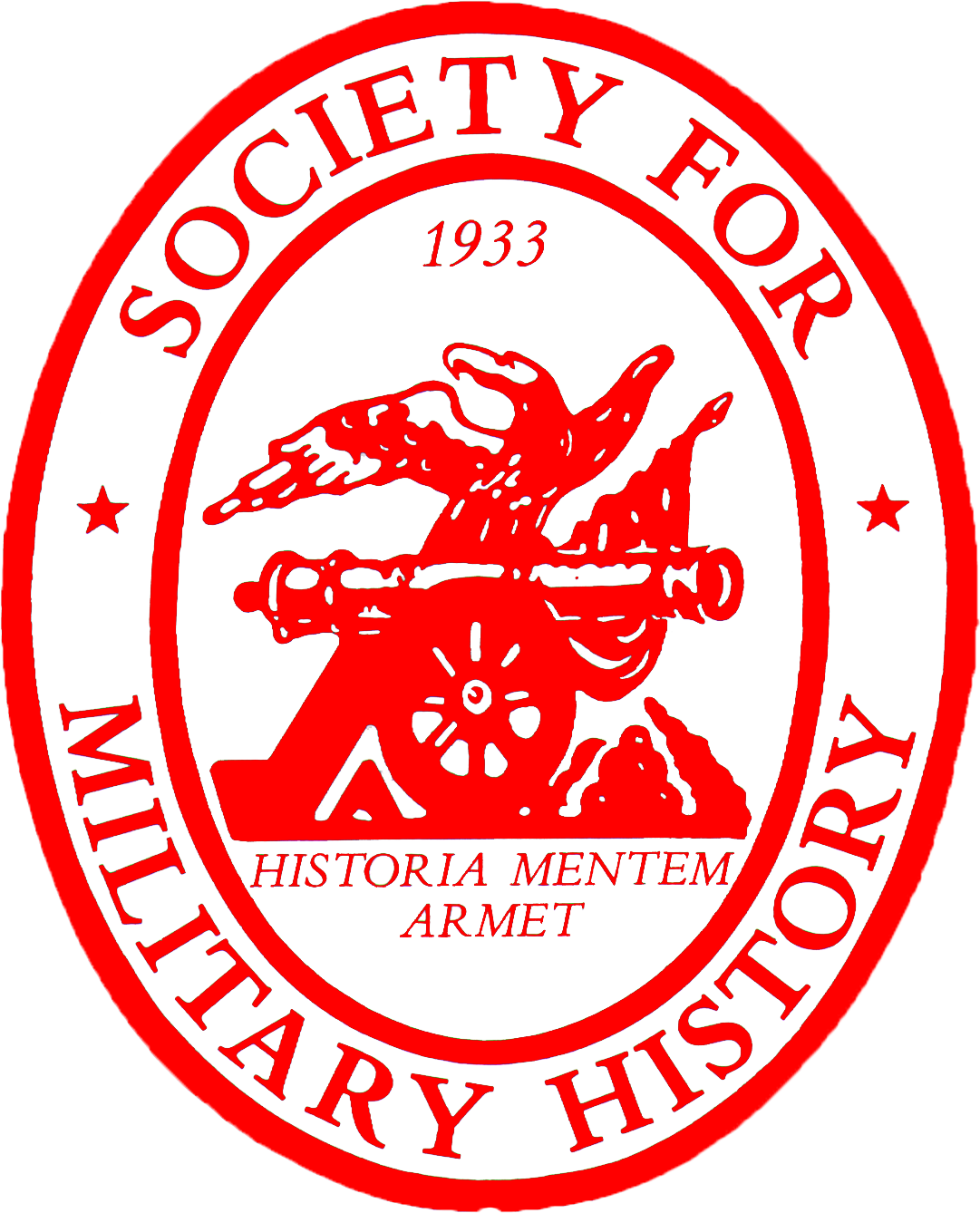
Williamson Murray (1941-2023)
Williamson “Wick” Murray, a giant in the field of military history, passed away peacefully on August 1 in Fairfax, Virginia. His body of work, stretching over fifty years, covered an impressive array of subjects: military theory, grand strategy, operations, and airpower. His writings not only made important contributions to academic scholarship, they exerted considerable influence on professional military development as well. He was also a passionate teacher deeply committed to his students, whether those students were undergraduates, graduate students, or military leaders.
A 1963 graduate of Yale University with honors in history, Murray served a tour of duty in the Vietnam War as a U.S. Air Force officer. Upon completion of his active-duty service, he returned to Yale and pursued a Ph.D. in military-diplomatic history, working under Hans Gatzke, one of the foremost diplomatic historians of his time, and Donald Kagan, a distinguished historian of classical Greece whose mastery of Thucydides and the Peloponnesian War inspired Murray to become a formidable authority on those subjects in his own right. Murray’s doctoral dissertation resulted in a well-regarded first book, The Change in the European Balance of Power, 1938-1939 (Princeton, 1984).
After two years as an instructor at Yale, Murray accepted a position in military-diplomatic history at The Ohio State University and, together with his colleague Allan R. Millett—himself a giant in the field of military history—created one of the first graduate programs in military history. It soon gained a reputation as one of the best. Murray and Millett collaborated on several edited volumes and co-wrote A War to Be Won: Fighting the Second World War (Harvard, 2000). Described by one reviewer as “a book of remarkable and compelling originality,” it received widespread acclaim, not just for its scholarship but for a lucid style that made it accessible to general readers.
In classroom settings Murray was in his element, a born teacher who spoke without notes in a conversational style frequently punctuated by bursts of wry humor. He combined an obvious passion for history with a joy of performance that captivated students and instilled in many of them a passion for history of their own. He had a strong interest in helping students to become better writers and a lifelong hatred for the passive voice. In 1987 he received the Alumni Distinguished Teaching Award, Ohio State’s highest award for classroom excellence.
Murray retired from Ohio State in 1995 but continued his career through service to a number of other academic and military institutions. Among these were visiting professorships at the U.S. Air War College, U.S. Army War College (where he held the Harold Keith Johnson Chair in Military History), the U. S. Naval War College (as a Secretary of the Navy Fellow), and the U.S. Marine Corps University (where he was the Matthew C. Horner Professor of Military Theory). Other posts included the London School of Economics, the U.S. Military Academy, and the U.S. Naval Academy. He also held the Charles Lindbergh Chair at the Smithsonian Institution’s Air and Space Museum.
In addition to The Change in the European Balance of Power and A War to Be Won, Murray published a wide selection of highly acclaimed articles and books, including Luftwaffe (Nautical and Aviation Press, 1985); German Military Effectiveness (Nautical and Aviation Press, 1992); The Air War in the Persian Gulf (Nautical and Aviation Press, 1995); Air War, 1914-1945 (Weidenfeld and Nicholson, 1999); and America and the Future of War: The Past as Prologue (Hoover, 2017). In collaboration with Major General Robert Scales Jr. he co-authored The Iraq War: A Military History (Harvard, 2003); with Kevin Woods The Iran-Iraq War (Cambridge, 2014); and with Wayne Hsieh a military history of the U.S. Civil War, A Savage War (Princeton, 2016). He was also a major contributor to The Cambridge History of War, edited by Geoffrey Parker (Cambridge, 2005).
Murray edited or co-edited fifteen volumes on military effectiveness, military innovation, and grand strategy: Military Effectiveness (Allen and Unwin, 1988); Calculations: Net Assessment and the Coming of World War II (Free Press, 1992); The Making of Strategy: Rulers, States, and War (Cambridge, 1994); Military Innovations in the Interwar Period (Cambridge, 1996); The Dynamics of Military Revolution, 1300-2050 (Cambridge Press, 2001); The Past as Prologue: The Importance of History to the Military Profession (Cambridge, 2006); The Making of Peace: Rulers, States, and the Aftermath of War (Cambridge, 2009); Conflicting Currents: Japan and the United States (Praeger, 2009); The Shaping of Grand Strategy: Policy, Diplomacy, and War (Cambridge, 2011); War Strategy and Military Effectiveness (Cambridge, 2011); Military Adaptation in War: With Fear of Change (Cambridge, 2011); Hybrid Warfare: Fighting Complex Opponents from the Ancient World to the Present (Cambridge, 2012); Successful Strategies (Cambridge, 2014); Grand Strategy and Coalition Warfare (Cambridge, 2016); and The Culture of Military Organizations (Cambridge, 2019).
In 2019 the Society for Military History honored Murray with the Samuel Eliot Morison Prize for lifetime achievement in the field of military history.
At the time of his passing, Murray was finalizing the publication of a history of military revolutions, The Dark Path: The Structure of War and the Rise of the West, 1500 to the Twenty-First Century, with Yale University Press.
Murray is survived by his wife Lesley Smith, his children Alexandra Murray and Spencer Murray, and five grandchildren.
Mark Grimsley and Peter Mansoor, The Ohio State University

